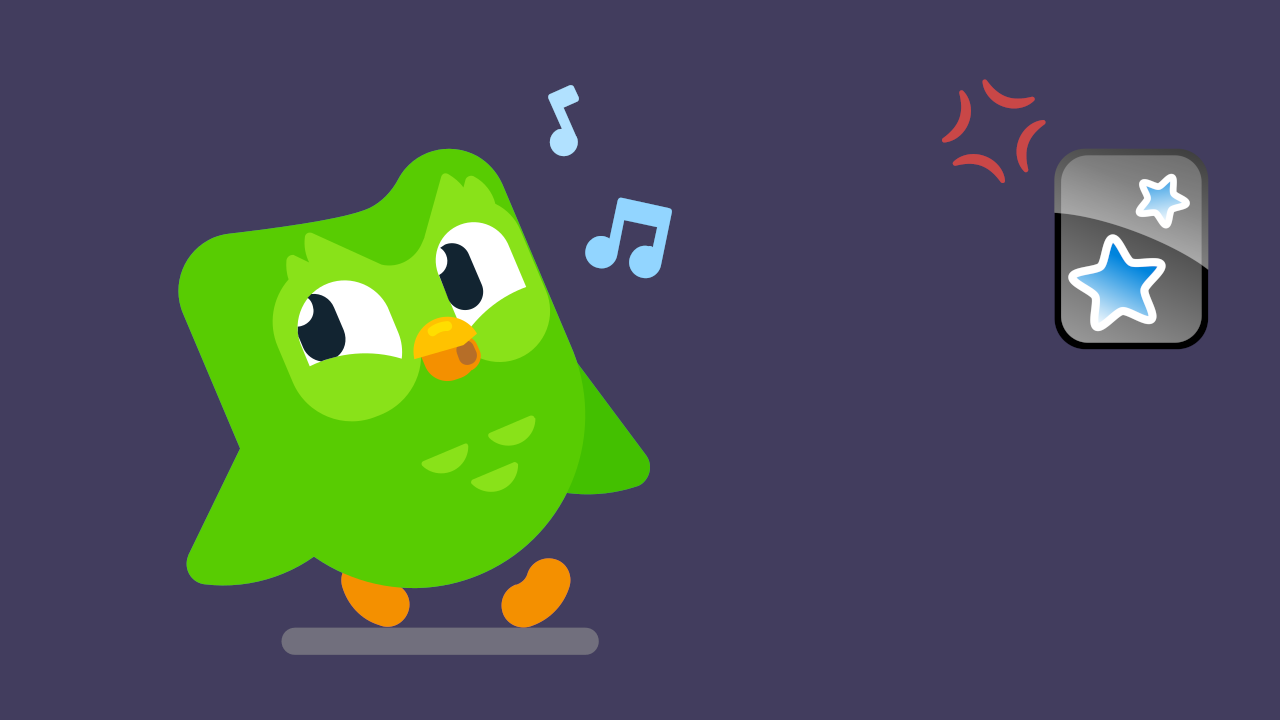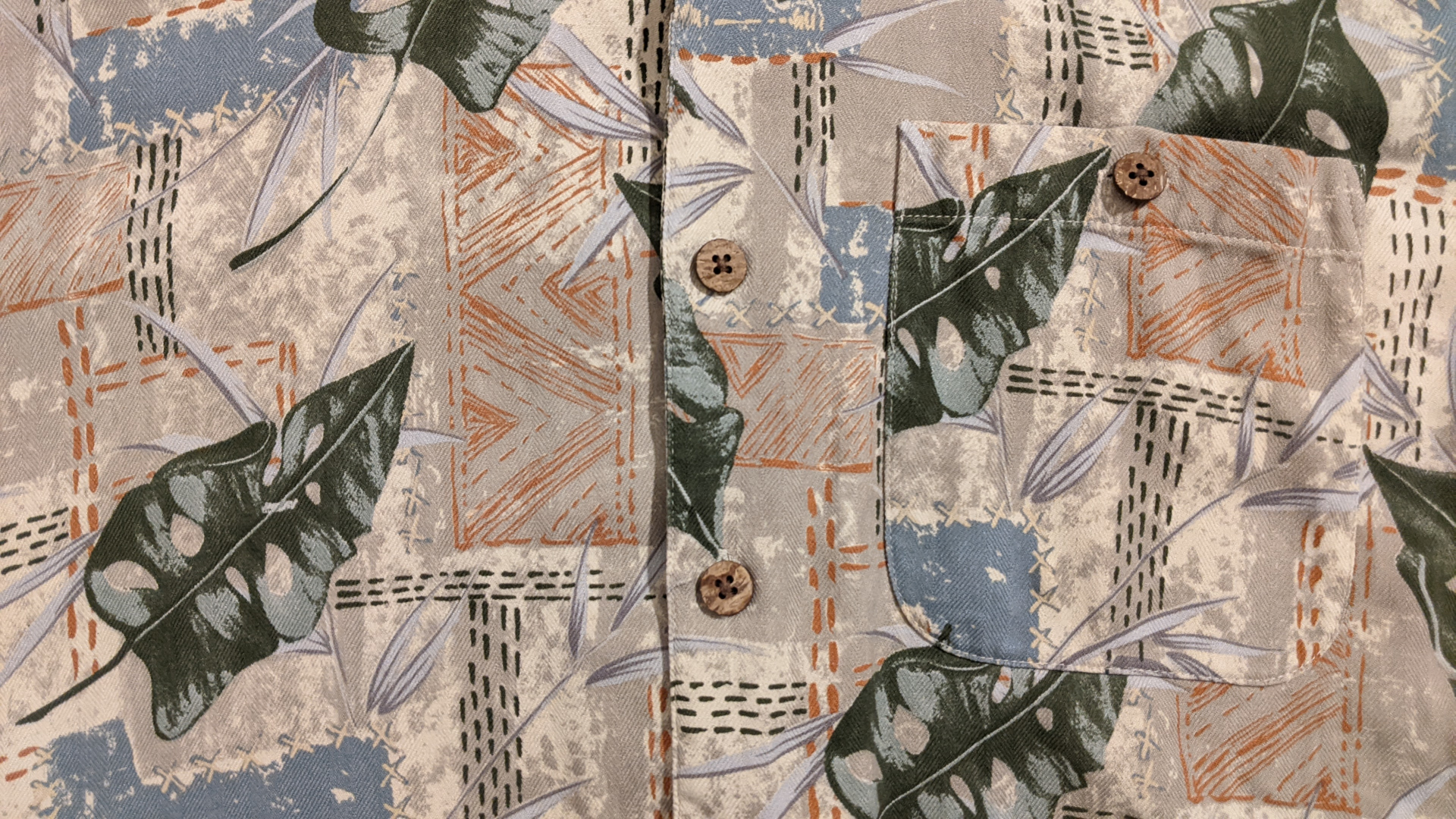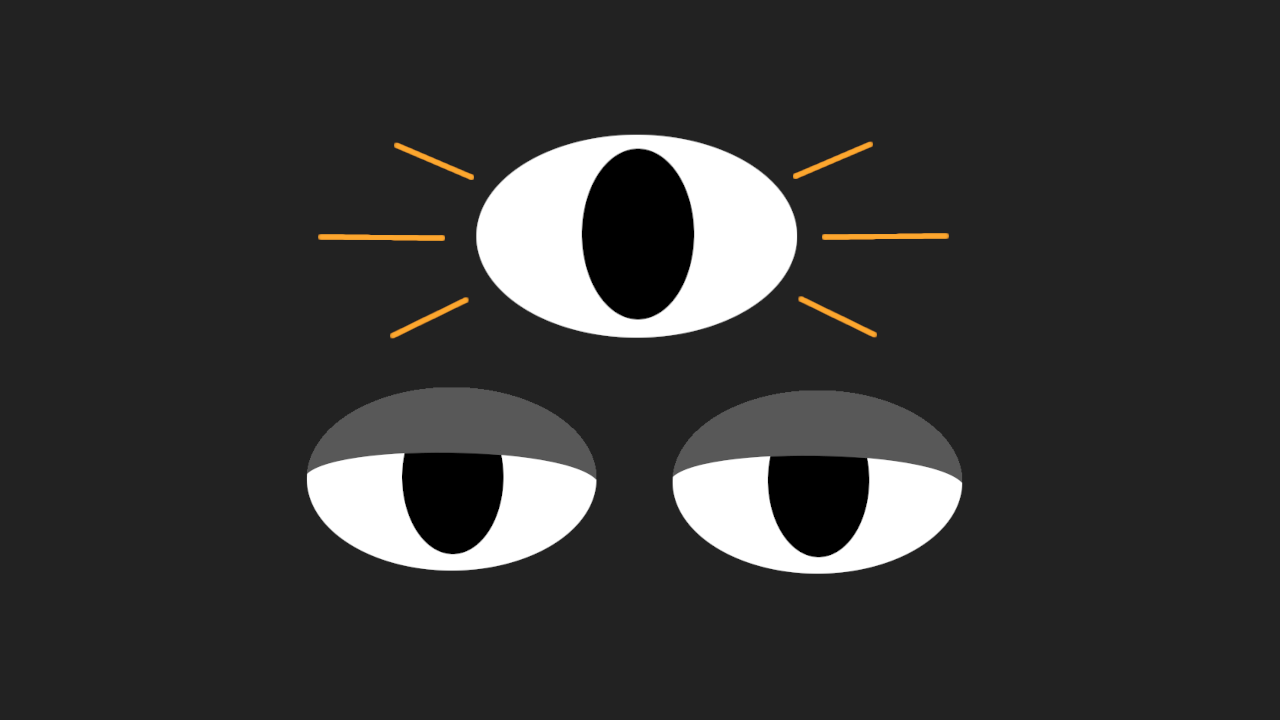January 30, 2023
I Studied Spanish for a Week

I’ve lived in Texas for 3 years and have managed to pick up 0 new Spanish words. I did study Spanish for 3 school years between middle and high school, but that’s the equivalent of a motivated adult studying for maybe, 3 weeks. I also remember how to type an upside down question mark “¿” by typing alt+168, because 15 years ago when I played Runescape you were epic if you could type that in game chat.
My goal here was to study Spanish for 3 hours per day for six days. I was interested in observing how I felt during different kinds of study, how it would compare to my experience with studying Japanese, and in using it as an opportunity to peek into different Spanish cultures.
Duolingo Gateway Drug
The best way I could think to ease myself into things was Duolingo. This was my first time using Duolingo since 2019, and it definitely seems to have improved. I like the new story lessons that are more conversational, and having different characters read out different answers seemed to help my listening and pronunciation skills. My biggest cons were due to using the free version: there were more ads than before and the heart system where you can only make 5 mistakes per day sucked. The heart system incentivized me to move slower to avoid getting things wrong, but to learn more I would have preferred to move faster and allow myself to make more mistakes. And that’s coming from someone who’s nature is to be overly cautious - I don't think being a perfectionist is the optimal approach here.
Duolingo could also be a little slow paced in general. It didn’t follow the SRS model that says the most efficient way to remember something is to review it right before you forget it, although the science may not be 100% settled on that. I just know a few times I had the experience of reviewing a word 50 times in an hour, only to forget it the next morning. If possible it seems better to spend that review time learning new words.
Nit-picks aside, when motivation to study was low it was much easier to sit through an hour of Duolingo’s dopamine-injected gameplay than an hour of anything else. I wouldn’t want it to be my only source for learning, but it was a big part of the equation and responsible for about half of what I learned this week.
Immersion
First day of studying, one hour of Duolingo down, it was time to consume native material! I obviously wouldn’t understand much, but I wanted to get an idea of how much I could pick out from an actual conversation. The first place I turned to was Twitch, since I waste enough time on there in English to have heard there are big Spanish communities as well. The first guy I watched was Conterstine, who was watching YouTube videos and reacting to them. The videos he was reacting to were those zoomer high paced funny clips, so I assume his target audience is a bit younger than me. What surprised me was how similar the type of content was to what a 16-20 year old American might like. It was the same type of humor, just with people speaking Spanish instead, which is not something I found to be true when studying Japanese.
I went to Twitch again later and watched some of the really big streamers for maybe 30 minutes. It was Quackity, Rubius, and a bunch of other Spanish streamers playing Minecraft. I was able to pick out about 1 word every 2 sentences, and was re-introduced to the word “pendejo”. It also helped me clear up a situation created by Duolingo where sometimes the word bus was translated as “bus” and other times as “autobús”. During the stream I heard them compare an ugly sports car to an “autobús” (LOL) which makes me think that's the more natural translation.
Twitch gave me an interesting peek into different communities and could help solidify the natural way of saying things, but the Spanish was still too difficult for me to gain much from it. When I started studying Japanese I thought it was good to challenge yourself with really hard input, but I slowly started to favor content where I could understand at least ~70%. Understanding vocabulary in context was much more effective than passively hearing a word a few times, then being curious about it and looking it up in a dictionary.
Luckily while browsing the r/Spanish wiki I found a YouTube channel called Dreaming Spanish, which has a series were they tell short stories in basically toddler-level Spanish. This has to be my favorite resource I found the entire week. They speak completely in Spanish, but with the help of visuals, repetition, and a limited amount of vocab per episode, I could understand almost everything they said. Keeping in line with my Japanese experience, the words I picked up in context here seemed to stick better than words I learned anywhere else. Good stuff.
Grammar Drills
An idea I came across while studying Japanese is that you should drill a bunch of grammar relatively early, then quickly move on. I decided that for Spanish I would give myself one evening (2 hours) to study grammar and see how well this worked.
To find resources, I looked again on the r/Spanish wiki and found StudySpanish.com. I visited their grammar section and managed to get through all of Unit One and a little of Unit Two. I think they explain things well, but I’m really torn on whether or not it’s worth it to study. When I tried to shove all of it into my brain at once, a lot of it stopped sticking towards the end. Then during later studies, naturally I found myself trying to apply some of those grammar rules to make sense of things. Sometimes it could help me make a correct decision about how to conjugate something, and other times I would recognize a grammar rule was taking place but not remember the correct way to apply it. If I get trapped in that second way of thinking too much, then I’m looking at everything as a grammar problem that needs to be solved. At that point I’d be better off just memorizing the solution and letting my brain learn the rules subconsciously, or guessing how the rules work and being wrong, which then makes the actual solution stick bit better later.
I feel like a lot of it comes down to being more aware of how I respond to seeing grammar during studies. If I catch myself getting too concerned with grammar rules I can get myself to stop and move on. Otherwise, studying grammar can still be a useful shortcut to understanding how the language works.
A Dash of Anki
Coming from learning Japanese, you know I had to try out some Anki flashcards (whether or not you use Anki is practically a religion in Japanese language communities). I was going to try making my own cards, but thought at this stage it’d be better to drill a pre-made deck than trying making my own. There’s some disagreement as to whether memorizing flashcards is a good idea, but I feel like as long as it’s not your only source it can be a useful way to get some vocab in your head quickly.
All the public Spanish decks had people in the comments complaining about a few bad translations, so I somewhat randomly picked this one with 9000 cards. I only got through 120 cards since I did 40 cards a day for 3 days, but I’d say it did it’s job well. It introduced me to a lot of new words, and was different enough from Duolingo and immersion to make study sessions feel more varied. Some of the English translations were a little wonky, but the Spanish sentences seemed correct given that they were read aloud by Spanish speakers when you flipped the card over. I’d never go through all 9000 cards, but I think it’d be useful to learn the first 500 or so.
Conclusion
Here’s a bit of unnatural dialogue to demonstrate my new amazing abilities:
Ella es una mujer. Quiere comer una hamburguesa de pescado. ¡Pero esto es demasiado caro!
It was one week. It’s not much, but I may have just enough of a foundation (or at least enough curiosity) to start picking up new words over time while I’m living in Texas. For now I have other things I’d like to focus on, but it’s very likely I’ll eventually return to studying Spanish.
I’ve watched this travel vlog guy Sabbatical on YouTube before, but yesterday I found myself more interested in his videos in Argentina and Mexico. I’m interested in seeing how much Spanish I can understand, and listening to the language leads to being more interested in the lives of people in these countries. As an English speaker, learning Spanish seems about 4x easier than learning Japanese, so I’d guess in as little as 6 months of studying I could also navigate Spanish speaking countries and have conversations with people. Considering the 2 years I put into Japanese to only understand 50% of what I hear, that’s nothing.
There were times when I was excited to study, and other times were I was pushing myself to do it. I noticed when I had to push myself I was more focused on reaching the 3 hour goal for the day, feeling like there was so much work ahead of me, while when I looked forward to studying I was excited to learn new words or things about other cultures. It can be hard to switch away from that goal type thinking to find the joy in the process of studying, but that seems like an important life skill to develop further.
For anyone else interested with studying Spanish, here’s a summary of the resources I ended up liking:
- Spanish to English Dictionary: WordReference.com
- General learning: Duolingo
- Beginner Immersion: Dream Spanish
- Grammar: StudySpanish.com
- Flashcards: Anki


